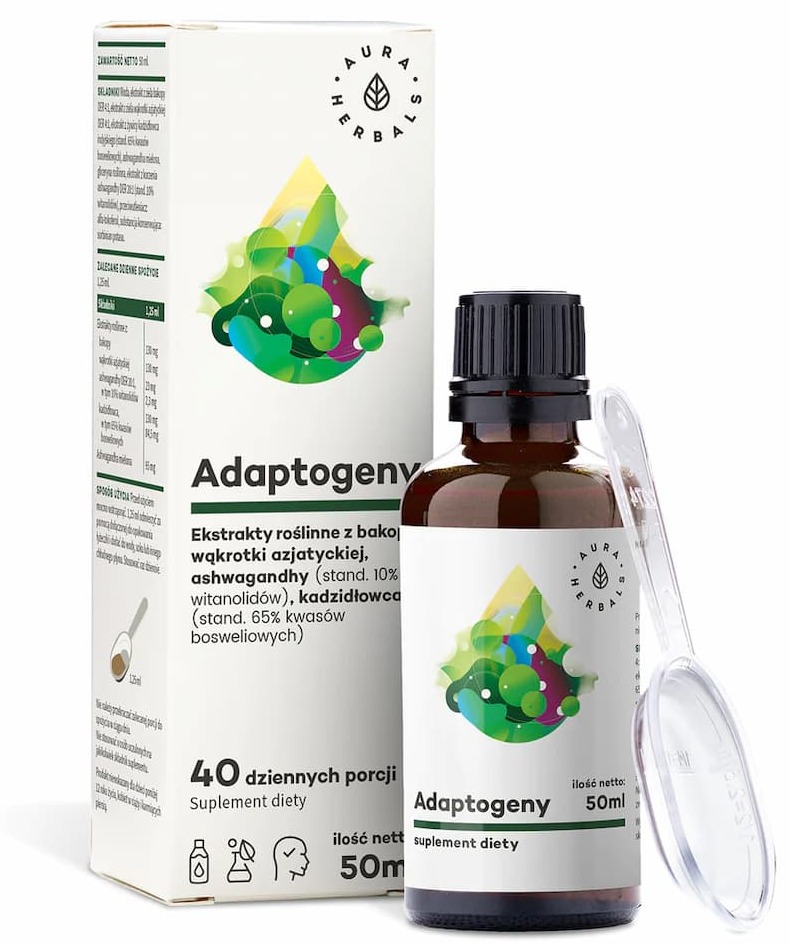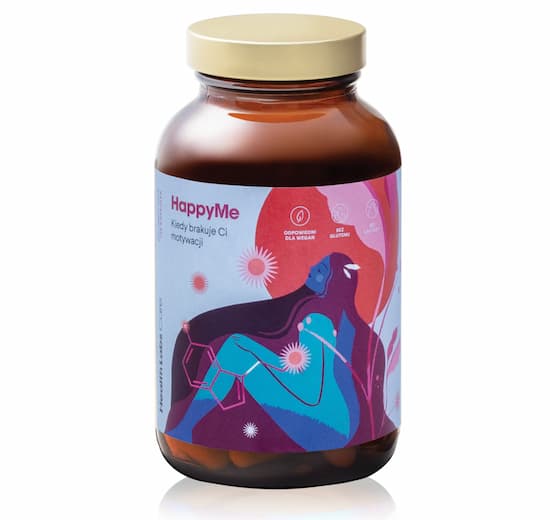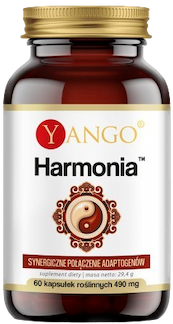Rhodiola rosea: side effects, benefits, properties, and contraindications
See how mountain pintail can affect your wellbeing.


Learn more about our editorial process
.

Learn more about our editorial process
.

Learn more about our editorial process
.

Learn more about our editorial process
.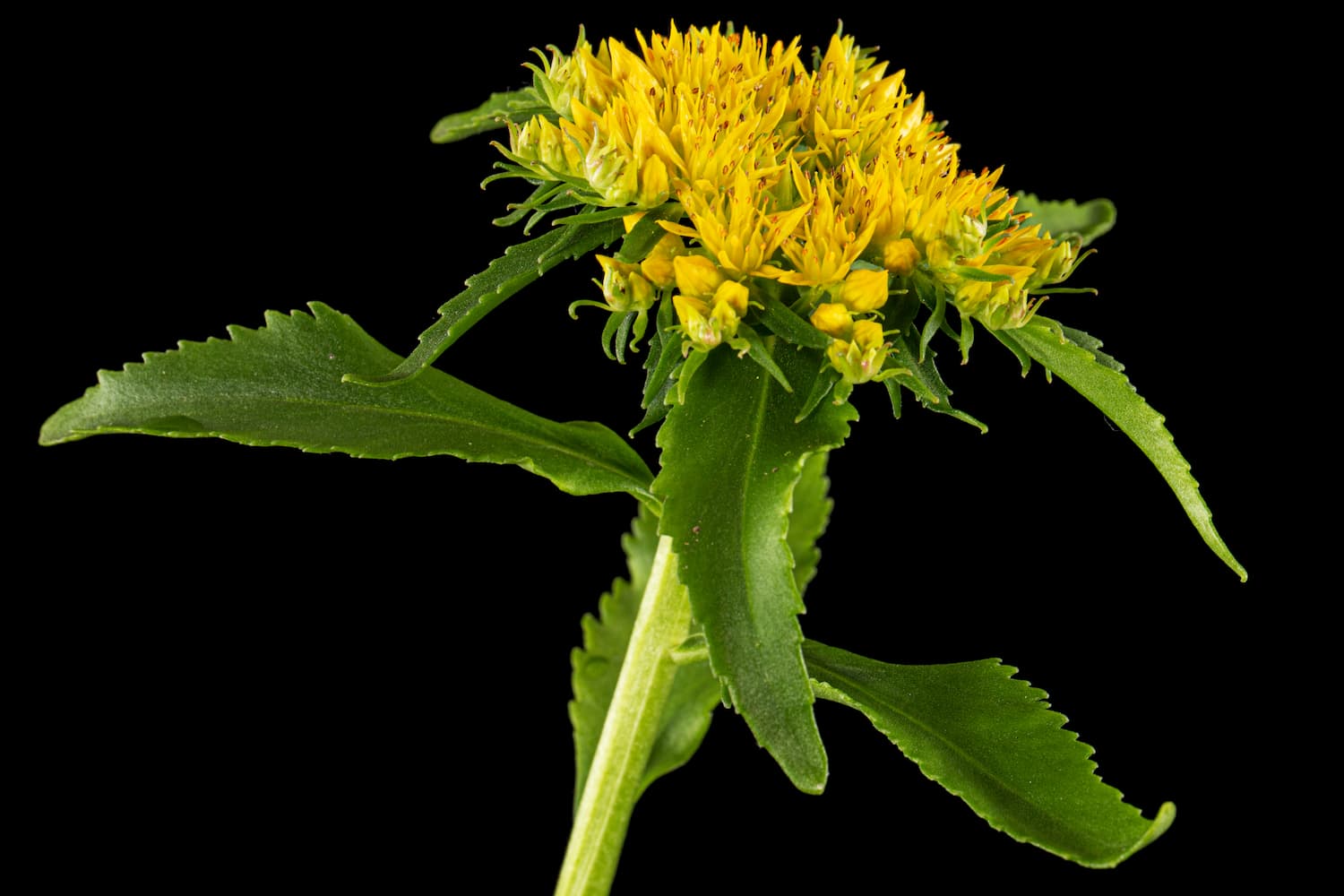
Why you can trust us
Articles on Natu.Care are written based on scientific research, data from government websites and other reliable sources. The texts are written in cooperation with doctors, nutritionists and other health and beauty experts. Articles are reviewed before publication and during significant updates.
.Learn more about our editorial process
.Information about advertisements
Content on Natu.Care may contain links to products from the sale of which we may receive a commission. When creating content, we adhere to high editorial standards and take care to be objective about the products discussed. The presence of affiliate links is not dictated by our partners, and we select the products we review ourselves completely independently.
.Learn more about our terms and Conditions
.Mountain rhodiola is an effective adaptogen that is chasing ashwagandha with its popularity. It can support tired people and can also increase the endurance of athletes. Therefore, together with pharmacist Ilona Krzak, we have compiled the most important information about it.
From this article you will learn:
- What is rhodiola rosea.
- What does it do?
- How rhodiola rosea works. .
- How to supplement with mountain rhodiola.
- How to supplement with mountain rhodiola.
- Whether mountain rosary is safe. .
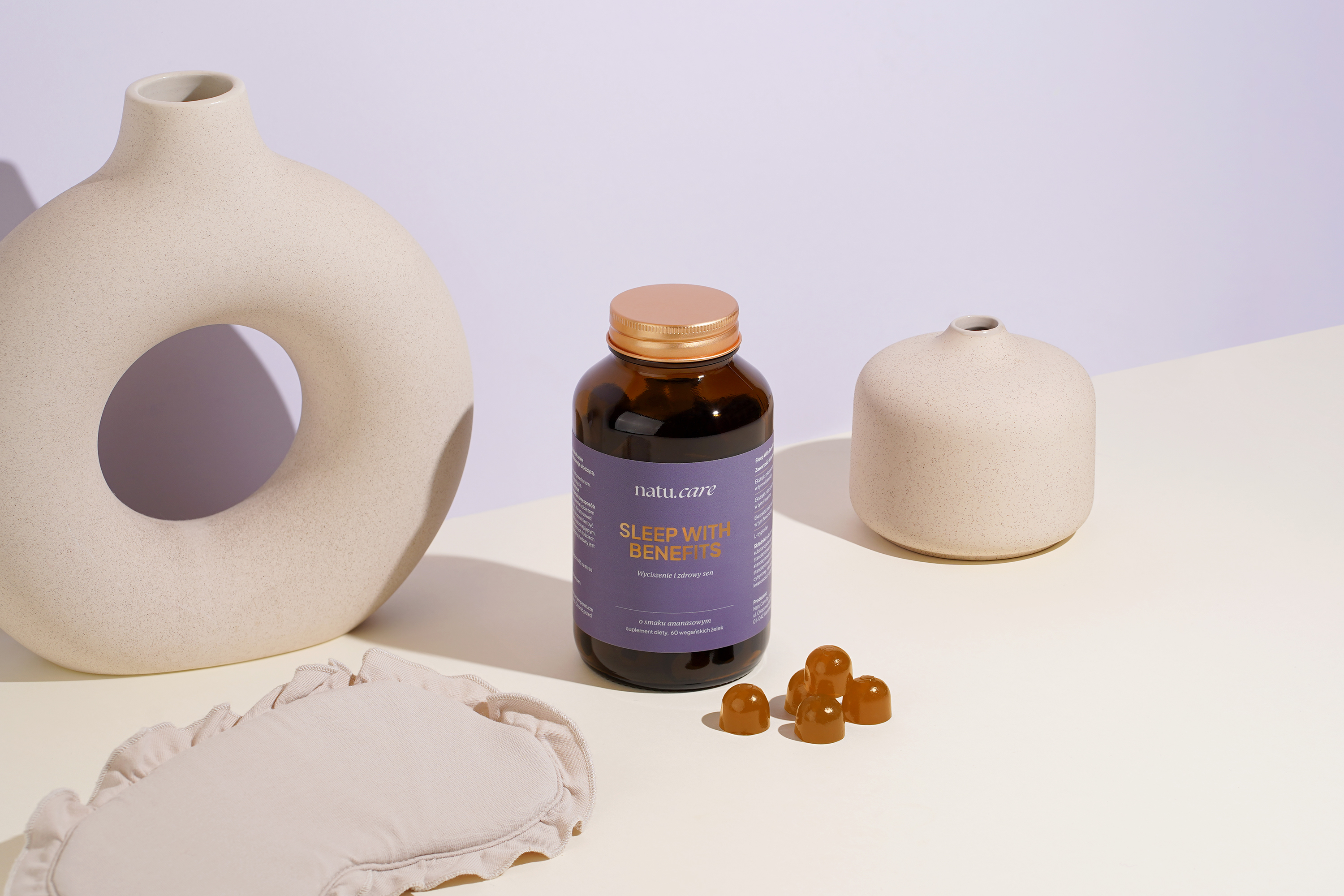
Sprawdź, za co pokochały go tysiące klientek Wegańskie żelki na sen, Ashwagandha KSM-66, ananas. -15% z kodem BLOG15
Wegańskie żelki na sen, Ashwagandha KSM-66, ananas
Wreszcie się wyśpisz! Wegańskie żelki na sen z najwyższej jakości ashwagandhą KSM-66®, ekstraktami ziołowymi i tryptofanem utulą Cię do snu.
Zobacz cenę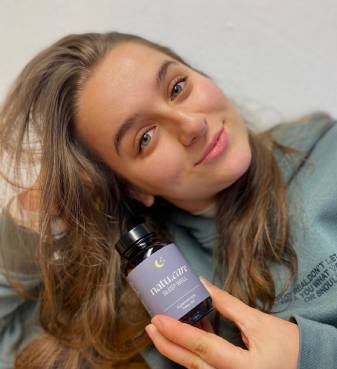
Bez problemu wstaje rano z budzikiem, co wcześniej się nie zdarzało, mam więcej energiiEwa Szczapinska
See also:
.
What is mountain rhodiola?
.
Mountain rhodiola (Rhodiola rosea) is a perennial medicinal plant known as one of the most effective adaptogens. Adaptogens, such as rhodiola rosea, help the body adapt to various forms of stress, improve physical and mental endurance and increase overall resistance to stressorsand.
Rhodiola rosea is believed to have a number of beneficial health properties. Research suggests that it may support the treatment of a number of conditions, including depression, fatigue or a weakened immune system.
What is mountain rhodiola otherwise called?
.
Rhodiola montana is a medicinal plant that is also known by many other names. It is often referred to as 'golden root' because of its characteristic bright yellow roots. Other names include 'pink root' or 'arctic root'. In some regions it is also called 'sedum rosea' or 'rhodiola'.
What rhodiola helps - properties and effects
.
Rhodiola rosea, is recognised as an effective adaptogen that exhibits a range of medicinal properties. Traditionally used in Russian and Scandinavian medicine, it can help to relieve symptoms of stress, increase concentration and improve overall performance.
Rhodiola is a plant with protective properties such as anti-diabetic, anti-cancer, anti-ageing, cardioprotective and neuroprotective..
 .
.
Ilona Krzak Master of Pharmacy
.
What are the effects of rhodiola roseaand?
Reduce symptoms of stress
.
One of the most important and valued properties of mountain rhodiola is its ability to reduce symptoms of stress. As an adaptogen, it helps the body to effectively cope with the negative effects of stress, promoting increased resistance to stressors.
This is made possible by its ability to harmonise and optimise body functions during stressful situations, which can result in the alleviation of anxiety, improved mood and an overall decrease in perceived stress.
Scientific studies have shown that rhodiola rosea can also optimise levels of cortisol - the stress hormone - in the body, counteracting the excessive stress response. Additionally, it helps to increase levels of serotonins, endorphins and other neurotransmitters associated with mood enhancement and stabilisation. This combination makes it a valuable tool in natural stress management.
Improve endurance and performance
.
Improving endurance and performance, both physically and mentally, is one of the key benefits of using rhodiola montana. This is related to the ability of this plant to increase nervous system performance under stress.
Mountain Rhodiola rosea is often used by athletes and physically active people as it can help optimise the functioning of the muscular system, improve the body's ability to recover from intense exertion and counteract fatigue. It also helps to support cardiovascular fitness, which can improve endurance.
Improve concentration levels
.
Mountain Rhodiola rosea can support concentration levels, especially in times of intense mental effort or when we are under a lot of stress. In fact, one of the main reasons people are starting to use it is because of its ability to increase mental performance.
The plant has been studied for its effects on cognitive function, and the results of these studies are promising. It has been shown that, due to its adaptogenic properties, rhodiola can help improve the ability to focus, as well as improve memory and speed of information processing.
Rhodiola has been shown to help improve the ability to focus, as well as improve memory and speed of information processing.
When taken regularly, rhodiola rosea may help to increase mental performance, which is particularly useful when studying, preparing for exams or performing other tasks that require intense mental effort. Finally, an additional benefit may be a reduction in perceived stress and associated tension, which has a positive effect on the overall ability to concentrate.
Improving mental health
.
Mountain Rhodiola rosea is not only an adaptogen that supports the body's resistance to stress, but it is also widely recognised as a plant that supports mental health. Research indicates potential benefits in relieving symptoms of depression and other mental disorders.
Rhodiola rhodiola has very promising research results for the treatment of mild to moderate depression. According to the study, rhodiola extracts have similar efficacy in treating depression to sertraline, a popular antidepressant drug.
 .
.
Ilona Krzak Master of Pharmacy
First and foremost, rhodiola rosea may help regulate levels of neurotransmitters, which are key to mental health. Studies suggest that it can affect serotonin, norepinephrine and dopamine levels, which improves mood and alleviates symptoms of depression and anxiety.
Additionally, due to its adaptogenic properties, rhodiola rosea helps to manage stress and reduce its negative impact on mental health. Stress is a leading contributor to many mental disorders, and rhodiola may play a key role in alleviating it.
Aura Herbals Adaptogens liquid
Product description
An adaptogenócomplex to support the body's resistance to stress, support concentration and memory processes, influence physical and mental performance and help maintain emotional stability. Convenient form of administration – ideal if you do not like swallowing tablets. The product is recommended for people who are very active, overtired and live under stress.
Pros and cons
An adaptogenócomplex to support the body's resistance to stress, support concentration and memory processes, influence physical and mental performance and help maintain emotional stability. Convenient form of administration – ideal if you do not like swallowing tablets. The product is recommended for people who are very active, overtired and live under stress.
Additional information
An adaptogenócomplex to support the body's resistance to stress, support concentration and memory processes, influence physical and mental performance and help maintain emotional stability. Convenient form of administration – ideal if you do not like swallowing tablets. The product is recommended for people who are very active, overtired and live under stress.
An adaptogenócomplex to support the body's resistance to stress, support concentration and memory processes, influence physical and mental performance and help maintain emotional stability. Convenient form of administration – ideal if you do not like swallowing tablets. The product is recommended for people who are very active, overtired and live under stress.
Health Labs Care HappyMe
YANGO, Harmony, adaptogens, capsules
Product description
This dietary supplement contains a synergistic combination of 5 plant extracts that positively influence the body's homeostasis and well-being. The product is recommended for people living under stress, tension and those who are physically active.
Pros and cons
This dietary supplement contains a synergistic combination of 5 plant extracts that positively influence the body's homeostasis and well-being. The product is recommended for people living under stress, tension and those who are physically active.
Additional information
This dietary supplement contains a synergistic combination of 5 plant extracts that positively influence the body's homeostasis and well-being. The product is recommended for people living under stress, tension and those who are physically active.
Solve Labs Brain Tech Memory & Focus, adaptogens, capsules

- Composition: bacopa monieri, gotu kola, rhoiola rosea, ginseng, zinc gluconate, choline, vitamin B6
- Form: capsules .
- Packaging: 30 or 60 capsules .
- Dose: 2 capsules daily .
- Sufficient for: 10 or 20 days .
Product description
Adaptogens, vitamins and minerals to support the mózg and nervous system. Brain Tech has been developed for people needing long-lasting concentration, improved learning ability, memory and increased resistance to stress.
Pros and cons
Adaptogens, vitamins and minerals to support the mózg and nervous system. Brain Tech has been developed for people needing long-lasting concentration, improved learning ability, memory and increased resistance to stress.
Additional information
Adaptogens, vitamins and minerals to support the mózg and nervous system. Brain Tech has been developed for people needing long-lasting concentration, improved learning ability, memory and increased resistance to stress.
Adaptogens, vitamins and minerals to support the mózg and nervous system. Brain Tech has been developed for people needing long-lasting concentration, improved learning ability, memory and increased resistance to stress.
Rhodiola rosea - dosage
.
Dosing of mountain rhodiola depends on a number of factors, such as age, health status, lifestyle or therapeutic goal. Determining an individual dosage should always be done under the close supervision of a specialist who takes all these factors into account.
Although it is generally accepted that a safe dose extends from 200 to 600 mg per day. It is recommended to start with lower portions and then gradually increase, observing the body's responseand.
Rhodiola rosea supplementation
.
Mountain Rhodiola rosea supplementation can benefit many groups of people, especially those who suffer from stress, need to improve physical and mental performance or are looking for natural mental health support. Rhodiola rosea is highly regarded for its adaptogenic properties, making it an ideal choice for those looking to improve their ability to cope with stress.
Who should supplement with mountain rhodiolaand?
- .
- Stressed people. Mountain rhodiola may be helpful for those experiencing high stress, both physical and emotional. Its ability to regulate cortisol levels in the body makes it a valuable tool in natural stress management.
- Athletes and physically active people. Because of its endurance-enhancing properties, rhodiola rosea is often used by athletes and people with active lifestyles. It can help to increase performance and strength, as well as speed up recovery after intense training. .
- People looking to improve cognitive function. The fact that rhodiola rosea can increase the ability to concentrate and improve cognitive function makes it a valuable supplement for students, graduates and professionals who are looking for a natural way to improve mental performance.
- People struggling with mental health issues. Rosacea is being studied for its potential ability to reduce symptoms of depression and other mood disorders, which may be of interest to those looking for natural methods to support mental health.
Mountain Rhodiola rosea - before or after food?
.
Mountain Rhodiola rosea can be taken both before and after meals, but most sources suggest that taking it on an empty stomach has the best effect. Supplementation before eating may promote better absorption of the active ingredients into the body, allowing for faster and more effective actionand.
Although due to individual differences, some people may experience stomach discomfort after taking rosemary on an empty stomach. If this is the case, it can be taken during or after a meal to alleviate any potential discomfort.
Rhodiola rosea - morning or evening
.
Taking rhodiola rosea is recommended mainly in the morning and, if the dose is split, at midday, due to its potential stimulant properties. Rhodiola rosea can help to increase energy, alertness and performance, which is particularly beneficial during the morning hoursand.
Because one of the potential effects of rhodiola rosea is to increase energy levels, its consumption in the evening could potentially affect sleep quality or make it more difficult to fall asleep.
Where to buy mountain rhodiola?
.
Mountain rosemary is available in many places. It can be found in health food shops, pharmacies and also in many online shops. When choosing a product, it is worth paying attention to the composition - it is best to choose those that are 100% pure, with no additives or fillers.
The concentration of active ingredients in the supplement is also important. Make sure that the product you choose is from a reputable manufacturer and has positive feedback from users.
How long to use rhodiola rosea?
.
How long to use rhodiola montana depends on a number of factors, such as the purpose of the supplementation, the body's individual response to the plant and overall health. Some people may notice an improvement after a few days, while others may need several weeks of regular use to see noticeable changes.
It is also important to plan regular breaks in the use of rhodiola montana, for example after 4-6 weeks of regular use. These allow the body to rest and ensure that it does not develop a tolerance to the plant, which could reduce its effectiveness.
>
Contraindications to the use of rhodiola rosea
.
Although rhodiola montana is generally considered safe for most people, there are some contraindications and situations where its use should be avoided. Whatand?
- Pregnancy and breastfeeding. Due to a lack of adequate research, the use of rhodiola rosea is not recommended for use by pregnant or breastfeeding women.
- Pregnancy and breastfeeding.
- People with bipolar disorder.Mountain rhodiola may potentially induce episodes of mania in people with bipolar affective disorder.
- Children. Mountain Rhodiola rosea is not recommended for children, due to a lack of studies supporting its safety in this age group.
- People with diabetes. Mountain rosemary may affect blood sugar levels, so caution should be exercised in people with diabetes and sugar levels should be monitored when taking this supplement.
.
- People taking antidepressants and other mood-altering medications. Mountain Rhodiola rosea may interact with some psychotropic medications, which may cause unpredictable effects.
.
Remember, always consult your doctor or pharmacist before using mountain rhodiola, especially if you have any chronic diseases or take any medications regularly.
Rhodiola montana - side effects
.
Like most dietary supplements, rhodiola rosea can cause some side effects, although these are usually rare and mainly occur at excessively high doses. The most commonly reported side effects are headache, upset stomach and feelings of anxiety. In some cases, rhodiola rosea can also cause over-stimulation and insomnia, especially if taken late at nightand.
In rare cases, rhodiola rosea may affect blood pressure, and for this reason, people with heart disease or blood pressure should consult a doctor before taking rhodiola rosea. In any case, if you notice any worrying symptoms while taking rhodiola rosea, stop using it and consult your doctor.
Mountain rhodiola and alcohol
.
Many experts advise that alcohol consumption should be avoided during rhodiola montana supplementation. Although there are no specific studies on this interaction, adaptogens such as mountain rhodiola may interact with the central nervous system in a similar way to alcohol. The combination of the two can potentially affect the intensity of the effects of rhodiola or alcohol, which can lead to unpredictable effects.
Additionally, both alcohol and rhodiola rosea affect the hormonal stress system, so consuming them together can lead to additional stress on the nervous system. Therefore, a safe approach is to avoid alcohol when supplementing with mountain rhodiola.
Rhodiola montana - reviews
.
I have been using mountain rhodiola for a few months now and I have definitely noticed a difference. I feel less stressed and my mind is more alert. I take it in the morning and it really helps me throughout the day. I definitely recommend it..
Tomasz35 years old
I needed something to help me cope with stress at work, a colleague recommended rhodiola rosea. I am surprised at how effective it is. I feel more relaxed and definitely find it easier to concentrate..
Anna29 years old
Mountain Rhodiola rosea is my favourite supplement for improving workout performance. I have noticed that since taking it, my endurance has increased significantly. I am certainly more energetic..
Jakub27 years old
.I've always had problems concentrating in my studies, but since I started taking rosemary, it has definitely improved my ability to focus. For me, it really works. I would recommend it to any student..
Marta21 years old
I have been using Rosary for a few months now and have noticed a significant improvement in my mood and general feeling. I now feel less stressed and more optimistic. I feel it has helped me to improve the quality of my life..
Piotr45 years old
Summary
.
- Mountain rhodiola (Rhodiola rosea) is an adaptogen that helps the body to cope with stress.
- Can support concentration levels especially during intense mental effort, improve memory, and speed up the processing of information.
- May support concentration levels especially during intense mental effort, improve memory, and speed up the processing of information.
- Safe dosage of rhodiola rosea ranges from 200 to 600 mg per day, although this should be determined under the supervision of a specialist.
- Supplementation of mountain rhodiola may benefit stressed individuals, athletes, those seeking to improve cognitive function and those struggling with mental health issues.
- Mountain Rhodiola rosea can be purchased in health food shops, pharmacies and also online.
- The duration of use of rhodiola montana depends on a number of factors, such as the purpose of supplementation, the body's individual response to the plant, and overall health.
- Rosegus supplementation is contraindicated for women who are pregnant or breastfeeding, people with bipolar disorders, children, people with diabetes and people taking psychotropic medication.
- Side effects of rhodiola rosea use, although rare, may include headache, stomach discomfort, feelings of restlessness, excessive excitability and insomnia.
- Mountain rubella supplementation should not be combined with alcohol consumption. .
FAQ
.Is mountain rhodiola worth trying for chronic fatigue?
.Mountain rhodiola is a well-known adaptogen that helps the body to cope with stress and support physical and mental endurance. If chronic fatigue is related to stress or overwork, mountain rhodiola rosea could provide relief. However, it is always important to remember that supplementation is no substitute for proper rest, a healthy diet and regular physical activity, which are key to health and well-being.
Can rhodiola rosea be combined with other supplements?
.Theoretically, rhodiola montana can be safely combined with other supplements, as long as there are no contraindications based on individual body characteristics. For example, it can be combined with vitamins or minerals.
What if I experience side effects after taking rhodiola rosea?
.If you experience side effects after taking rhodiola rosea, stop taking it immediately and contact your doctor. It is important to monitor your wellbeing well during supplementation and report any worrying symptoms. In most cases, side effects are mild and transient, but any adverse reaction should be medically assessed.
At what age can you start using rhodiola rosea?
.Mountain rosemary is mainly recommended for adults. Due to insufficient research, it is not recommended for children. If you are looking for natural supplements to improve concentration or relieve stress for your child, consult your doctor or nutritionist.
How does mountain rhodiola affect sleep?
.Rhodiola rosea has a stimulating effect on the body, so taking it in the evening may make it more difficult to fall asleep. It is recommended to take mountain rhodiola in the morning or at midday. It is worth noting that if taken for stress management, rhodiola rosea may indirectly help improve sleep quality by reducing tension and anxiety.
Is rhodiola rosea safe for all people with depression?
.Although research suggests that rhodiola rosea may help relieve symptoms of depression, it is not recommended for people with bipolar affective disorder as it can trigger episodes of mania. Always consult your doctor before starting rosemary supplementation, especially if you are already taking other psychotropic medications.
Is rhodiola rosea only available in capsule form?
.Although rhodiola montana is most commonly found in capsule form, this is not the only form in which it can be purchased. It is also available as a liquid extract that can be added to a drink, and as dried roots that can be brewed as a tea. The choice of supplement form depends on individual preference and convenience of use. Regardless of the form, always follow the recommended dosage and instructions on the packaging.
.
Sources
.See all
.Anghelescu, I.-G., Edwards, D., Seifritz, E., & Kasper, S. (2018). Stress management and the role of Rhodiola rosea: A review. International Journal of Psychiatry in Clinical Practice, 22(4), 242-252. https://doi.org/10.1080/13651501.2017.1417442
Bernatoniene, J., Jakstas, V., & Kopustinskiene, D. M. (2023). Phenolic Compounds of Rhodiola rosea L. as the Potential Alternative Therapy in the Treatment of Chronic Diseases. International Journal of Molecular Sciences, 24(15), 12293. https://doi.org/10.3390/ijms241512293
Ivanova Stojcheva, E., & Quintela, J. C. (2022a). The Effectiveness of Rhodiola rosea L. Preparations in Alleviating Various Aspects of Life-Stress Symptoms and Stress-Induced Conditions-Encouraging Clinical Evidence. Molecules (Basel, Switzerland), 27(12), 3902. https://doi.org/10.3390/molecules27123902
Ivanova Stojcheva, E., & Quintela, J. C. (2022b). The Effectiveness of Rhodiola rosea L. Preparations in Alleviating Various Aspects of Life-Stress Symptoms and Stress-Induced Conditions-Encouraging Clinical Evidence. Molecules, 27(12), 3902. https://doi.org/10.3390/molecules27123902
Juřica, J., & Koupá, T. (2016). [Rhodiola rosea and its neuropsychotropic effects]. Ceska a Slovenska Farmacie: Casopis Ceske Farmaceuticke Spolecnosti a Slovenske Farmaceuticke Spolecnosti, 65(3), 87-93.
Khanum, F., Bawa, A. S., & Singh, B. (2005). Rhodiola rosea: A Versatile Adaptogen. Comprehensive Reviews in Food Science and Food Safety, 4(3), 55-62. https://doi.org/10.1111/j.1541-4337.2005.tb00073.x
Lekomtseva, Y., Zhukova, I., & Wacker, A. (2017). Rhodiola rosea in Subjects with Prolonged or Chronic Fatigue Symptoms: Results of an Open-Label Clinical Trial. Complementary Medicine Research, 24(1), 46-52. https://doi.org/10.1159/000457918
Li, Y., Pham, V., Bui, M., Song, L., Wu, C., Walia, A., Uchio, E., Smith-Liu, F., & Zi, X. (2017). Rhodiola rosea L.: An herb with anti-stress, anti-aging, and immunostimulating properties for cancer chemoprevention. Current pharmacology reports, 3(6), 384-395. https://doi.org/10.1007/s40495-017-0106-1
Lu, Y., Deng, B., Xu, L., Liu, H., Song, Y., & Lin, F. (2022). Effects of Rhodiola Rosea Supplementation on Exercise and Sport: A Systematic Review. Frontiers in Nutrition, 9, 856287. https://doi.org/10.3389/fnut.2022.856287
Tinsley, G. M., Jagim, A. R., Potter, G. D. M., Garner, D., & Galpin, A. J. (2024). Rhodiola rosea as an adaptogen to enhance exercise performance: A review of the literature. The British Journal of Nutrition, 131(3), 461-473. https://doi.org/10.1017/S0007114523001988
.
Editorials
Meet the team

Ilona Krzak obtained her Master of Pharmacy degree from the Medical University of Wrocław. She did her internship in a hospital pharmacy and in the pharmaceutical industry. She is currently working in the profession and also runs an educational profile on Instagram: @pani_z_apteki

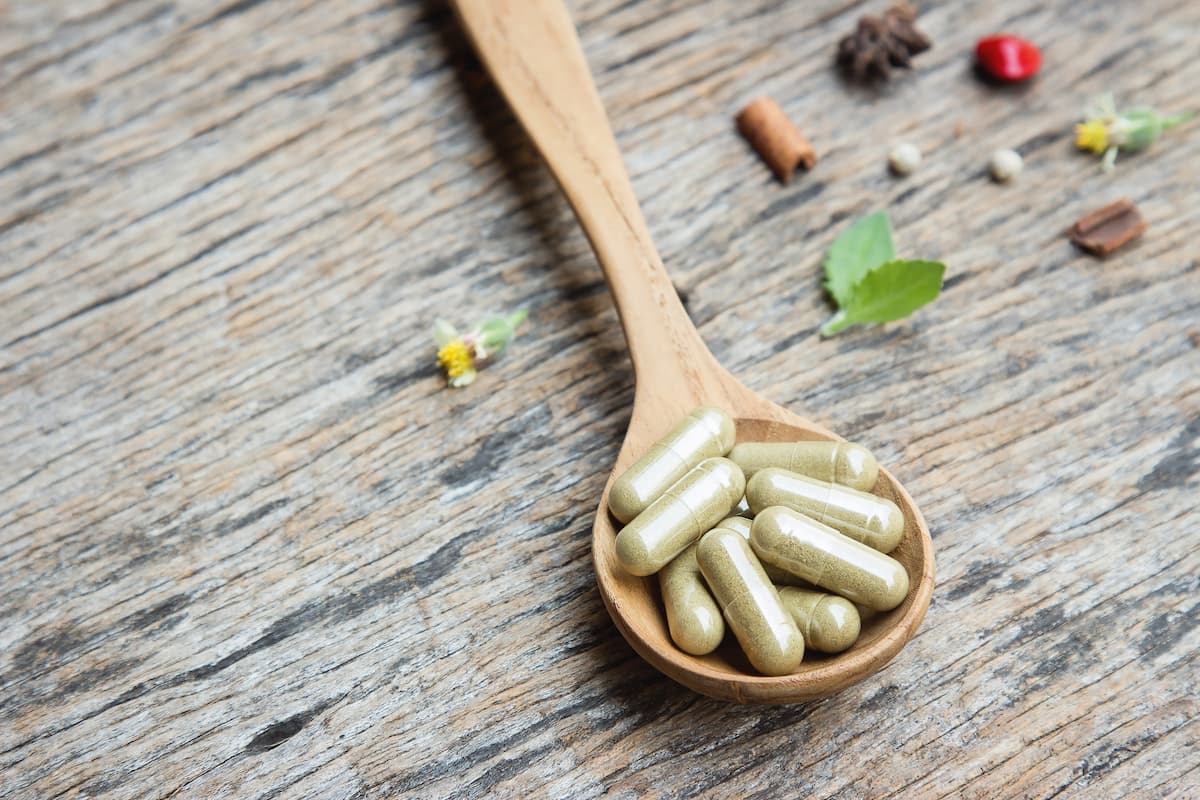
Ashwagandha affects thyroid hormone levels. Find out if you can use it.

Check out the opinions of doctors and other professionals about ashwagandha. Also find out what people on the forum think about it.

Ayurveda has used the herb ashwagandha for more than 5,000 years to support female fertility, among other things.
